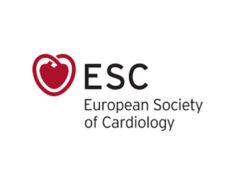-
Fri29Aug2025Mon01Sep2025
-
Thu04Sep2025Sat06Sep2025
-
Sun05Oct2025Tue07Oct2025
-
Sat08Nov2025Mon10Nov2025
-
Fri28Aug2026Mon31Aug2026
-
Fri27Aug2027Mon30Aug2027
Latest News
Stereotaxis announces publication of first clinical results with MAGiC catheter
Stereotaxis has announced the publication in the Journal of Interventional Cardiac Electrophysiology of initial clinical results from a first-in-human study utilising the MAGiC catheter—the...
Features
SINGLE SHOT CHAMPION data leave “no doubt” that PFA is non-inferior...
At this year’s European Heart Rhythm Association (EHRA) congress (30 March–1 April 2025, Vienna, Austria), a late-breaking presentation of data from the SINGLE SHOT...
PROFID EHRA: A landmark trial attempting to redefine prevention of sudden...
In a Cardiac Rhythm News guest article, chief investigators Nikolaos Dagres and Gerhard Hindricks (both Berlin, Germany) provide a window into the PROFID EHRA...
Videos
Data from the PROMET and RELEASE studies provide important new insights into the safety and efficacy of rotational transvenous lead extraction (TLE), Christoph Starck (Berlin, Germany) and Peter Paul Delnoy (Zwolle, The Netherlands) tell Cardiac Rhythm News at the 2022 European...



















